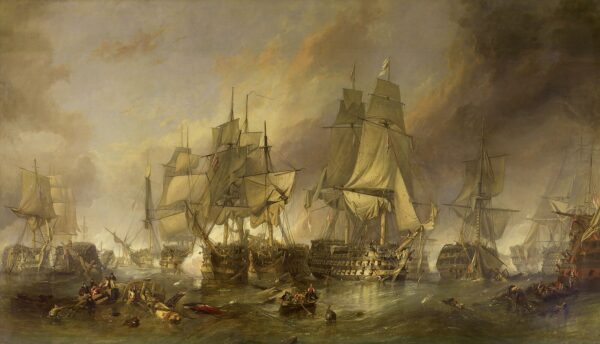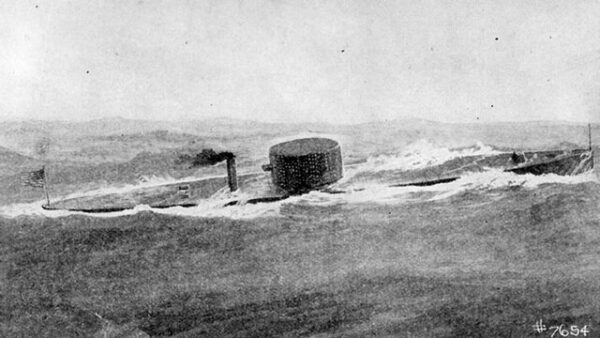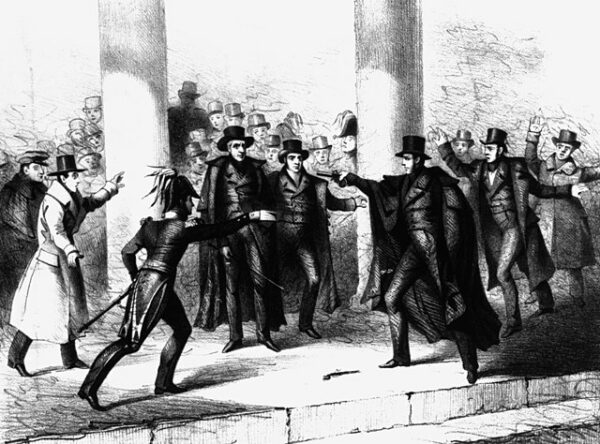The Battle of Trafalgar, fought on October 21, 1805, marked a decisive moment in the Napoleonic Wars, shaping the future of European power dynamics. Commanded by Vice Admiral Horatio Nelson, the British Royal Navy faced off against a Franco-Spanish fleet led by French Admiral Pierre-Charles Villeneuve near Cape Trafalgar off Spain’s southwestern coast. Napoleon Bonaparte’s grand strategy to invade Britain depended on securing control of the seas, a feat that required overcoming the formidable British naval forces.
Napoleon’s plan to cross the English Channel with his troops faltered as the French and Spanish fleets were unable to break through the Royal Navy’s blockade. Villeneuve, stationed in Cádiz, was reluctant to engage but eventually set sail in mid-October to link up with other forces and challenge the British. Nelson, anticipating this maneuver, pursued Villeneuve’s fleet, leading to the climactic battle.
Nelson’s tactical brilliance was displayed in his unorthodox strategy of splitting his fleet into two columns, charging directly at the enemy rather than engaging in the traditional broadside exchange. This maneuver pierced the Franco-Spanish lines at two key points, throwing their formation into disarray and isolating ships from one another. Nelson’s flagship, HMS Victory, and Vice Admiral Cuthbert Collingwood’s HMS Royal Sovereign led the two-pronged assault, severely weakening the enemy’s coordinated defense.
Superior British gunnery and faster reloading proved decisive. The disorganized French and Spanish fleets were overwhelmed, and ship after ship fell to the British. Although Nelson was mortally wounded during the battle by a French musket shot from the Redoutable, he lived long enough to witness the triumph of his forces. By the end of the engagement, the British had destroyed or captured 22 enemy vessels without losing a single ship.
The consequences of the Battle of Trafalgar were far-reaching. Napoleon’s ambitions to invade Britain were thwarted permanently, forcing him to focus on continental warfare. Britain’s naval supremacy was firmly established, allowing the nation to support anti-Napoleonic coalitions in Europe. Nelson, though fallen, was immortalized as a national hero, and his tactical genius influenced naval warfare for generations. His state funeral in St. Paul’s Cathedral reflected the immense respect he commanded, both as a leader and as a symbol of British strength.
In geopolitical terms, Trafalgar not only solidified Britain’s control of the seas for over a century but also ensured the safety of the British Isles from French invasion. This naval dominance allowed Britain to exert influence far beyond Europe, cementing its status as a global superpower. Napoleon’s defeat at Trafalgar also contributed to his eventual downfall, as British naval control enabled the financing and coordination of successive coalitions, culminating in his defeat at Waterloo in 1815.
The legacy of the Battle of Trafalgar extends beyond the tactical and strategic sphere. It became a symbol of national pride, with the name “Trafalgar” evoking British naval superiority and resilience. Nelson’s willingness to defy conventional military doctrine not only secured victory but also revolutionized naval tactics, ensuring his place as one of history’s greatest military commanders.






